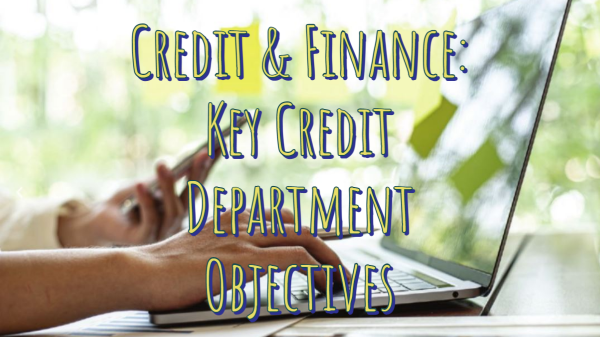Charles Brown, director of credit for Hapco Farms, LLC, BB #:104132 a grower and importer in Westhampton Beach, NY, considers accounts receivable or A/R as the biggest entry on any company’s balance sheet.
“Bad debt affects net income—and accounts receivable distributions (e.g., 30, 60, or 90 days past due) affect cash flow and the ability to pay bills on time and secure credit from your suppliers to expand sales,” he says.
Collections aren’t fun, but they are a necessary function of any credit department. The process generally starts with a phone call to the customer, and a written reminder asking the late payer to take action.
“Since it’s easy for people to ignore email these days,” Cathy Jimenez, credit manager at Del Campo Supreme, Inc. BB #:163269 in Nogales, AZ, explains, “we also fax these letters to them.”
If nothing happens after a set amount of time, the collections process gets more serious. This may be tasked to individuals within a company’s credit department or outsourced to a collection agency.
In her twenty-two years of banking and commercial lending experience, Jimenez is well aware of the credit risk inherent to the produce industry, especially a supplier’s exposure.
“We review and analyze our A/R aging on a daily basis, keeping a tight control of our receivables portfolio to minimize those risks,” she says.
Reducing bad debts
When a collection starts to look like it’s becoming a bad debt, the chances of getting the money are slim to none. Bad debts usually become write-offs at year-end. Chasing these types of payments costs a business both time and money.
The best strategy is prevention. A few simple steps will go a long way in preventing late pay or invoice write-offs.
First, be sure payment terms are clearly stated on each invoice. Second, when terms are ignored, be tenacious in pursuing late payments. Send emails, make phone calls, and write letters to get the customer’s attention. Levy late fees and interest charges.
Third, a more effective strategy may be to refuse to conduct any further business with the customer. Sometimes the problem is an unexpected crisis or economic fallout beyond a company’s control (like a pandemic).
In these cases, if the struggling customer wants to work something out, be open to a payment plan, as getting the money later is better than not at all.
Jimenez applauds this type of flexibility. “During the pandemic when our customers were struggling, we successfully collected every debt by offering payment plans,” she says.
This is an excerpt from the Credit & Finance Department in the November/December 2021 issue of Produce Blueprints Magazine. Click here to read the whole issue.



